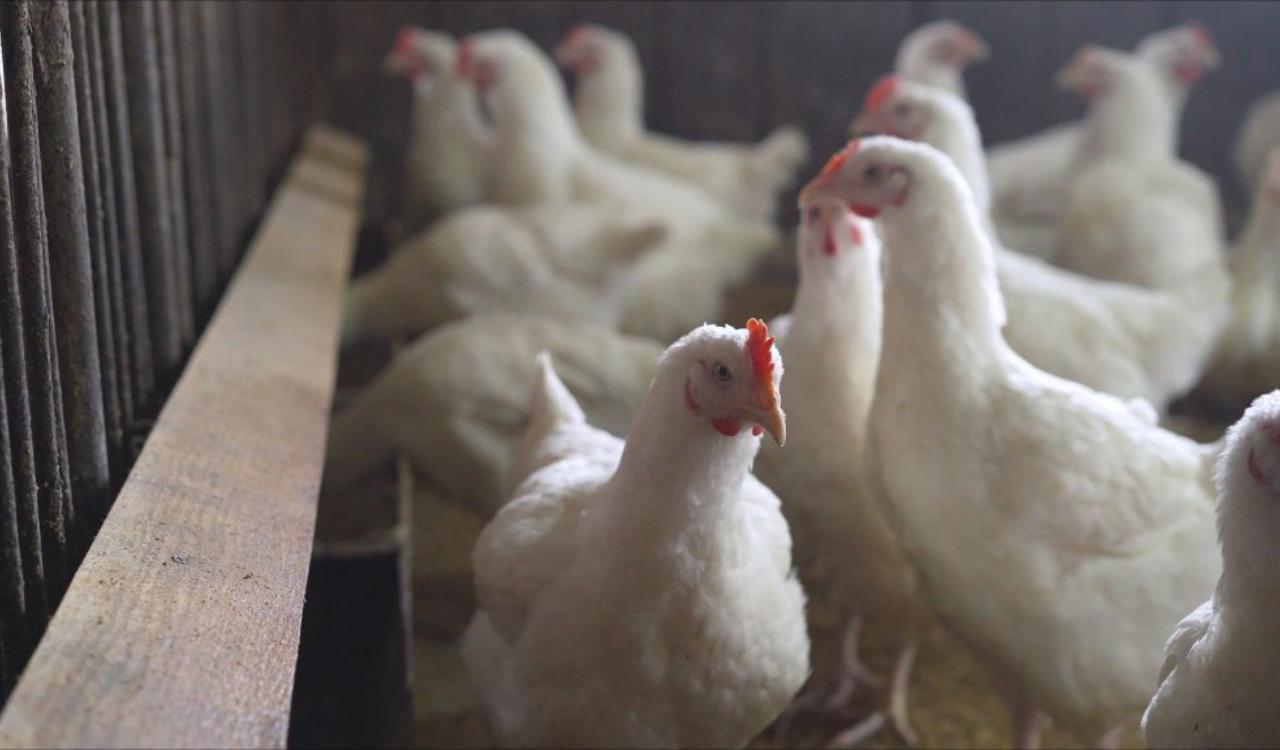By Malaya Business News Team
Copyright malaya

PHILIPPINE chicken imports are expected to rise in 2026 on sustained consumer demand from a growing population, the United States Department of Agriculture (USDA) said through its Foreign Agricultural Service (FAS) Manila.
In a report dated Sept. 16, 2025, FAS Manila said imports would climb 1.8 percent to 560,000 metric tons (MT) from this year’s projection of 550,000 MT.
The report attributed the higher estimate to strong population growth and the competitive pricing of imported chicken meat.
“The lifting of temporary trade restrictions related to HPAI (highly pathogenic avian influenza) and increase in the number of accredited foreign suppliers facilitate greater volumes of chicken meat entering Philippine commerce,” FAS Manila said.
The report also projected local production of ready-to-cook chicken to hit 1.81 million MT in 2026, up 7 percent from the estimated 1.69 million MT in 2025.
“This growth is expected to be driven by the commercial rollout of a vaccine against Highly Pathogenic Avian Influenza (HPAI), enhanced biosecurity measures adopted by poultry farms, the ongoing impact of African Swine Fever (ASF) on pork supply, and strong performance in the food service sector,” it added.
Chicken meat consumption is anticipated to increase 6 percent to 2.38 million MT next year, fueled by lower retail prices compared to other major animal proteins, increasing consumer preference for healthier protein alternatives, and the wide availability of chicken products.
The country imported 154.54 million kilograms of chicken from January to April this year, accounting for 32.6 percent of total meat imports of 473.46 million kg, data from the Bureau of Animal Industry (BAI) showed.
Import ban on Argentina chicken
Meanwhile, the DA has imposed a temporary ban on the importation of domestic and wild birds from Argentina following an outbreak of avian influenza.
The department, on the other hand, lifted the temporary import ban on poul try products from South Dakota in the United States, as well as from Israel.
In separate orders, Agriculture Secretary Francisco Tiu Laurel Jr. said the DA decided to lift the import ban as South Dakota and Israel are now free from highly pathogenic avian influenza (HPAI).
The orders, signed by Tiu Laurel on September 16 but only made public on Wednesday, said all reported cases of bird flu have ended with resolved status and no additional outbreaks were recorded.
Following the lifting of the ban, the DA has authorized the resumption of importing domestic and wild birds, as well as their products, including poultry meat, day-old chicks, eggs, and semen from South Dakota and Israel.
The DA imposed the temporary ban on poultry imports from South Dakota in January 2025, and from Israel in 2017.
The US exported 62.23 million kilograms (kg) of meat to the Philippines as of May 2025, equivalent to 13.1 percent of the country’s total meat imports in the same period, at 473.46 million kg, data from the Bureau of Animal Industry (BAI) showed.
Based on the BAI’s official list, Israel is not an accredited meat exporter.
Tiu Laurel ordered the temporary ban on imports of domestic and wild birds from Argentina on September 11, but the issuance was only made public on September 17.
“We are imposing the import ban because the H5N1 subtype poses a serious risk to both poultry and public health,” he said in a statement on Wednesday.
The DA suspended the issuance of Sanitary and Phytosanitary Import Clearances for domestic and wild birds and their products from Argentina, including poultry meat, day-old chicks, eggs, and semen.
“All shipments coming from Argentina that are in transit/load/accepted unto port before the official communication of this order to the Dutch authorities shall be allowed provided that the products were slaughtered/produced on or before August 3, 2025,” Tiu Laurel said in the document.
All poultry shipments from Argentina into the Philippines will be stopped and confiscated by all Veterinary Quarantine Officers/Inspectors at all major ports of entry, except heat-treated products.
Tiu Laurel ordered the import suspension after Argentina’s government agency notified the World Organization for Animal Health of an outbreak of the H5N1 subtype of HPAI virus.
Recorded last August 17, 2025, the outbreak affected domestic birds.
As of April 2025, Argentina exported a total of 172,730 kilograms (kg) of imported meat to the Philippines, according to data from the Bureau of Animal Industry.
Argentina’s export volume accounted for less than one percent of the 473.46 million kg of meat imports for the period.



